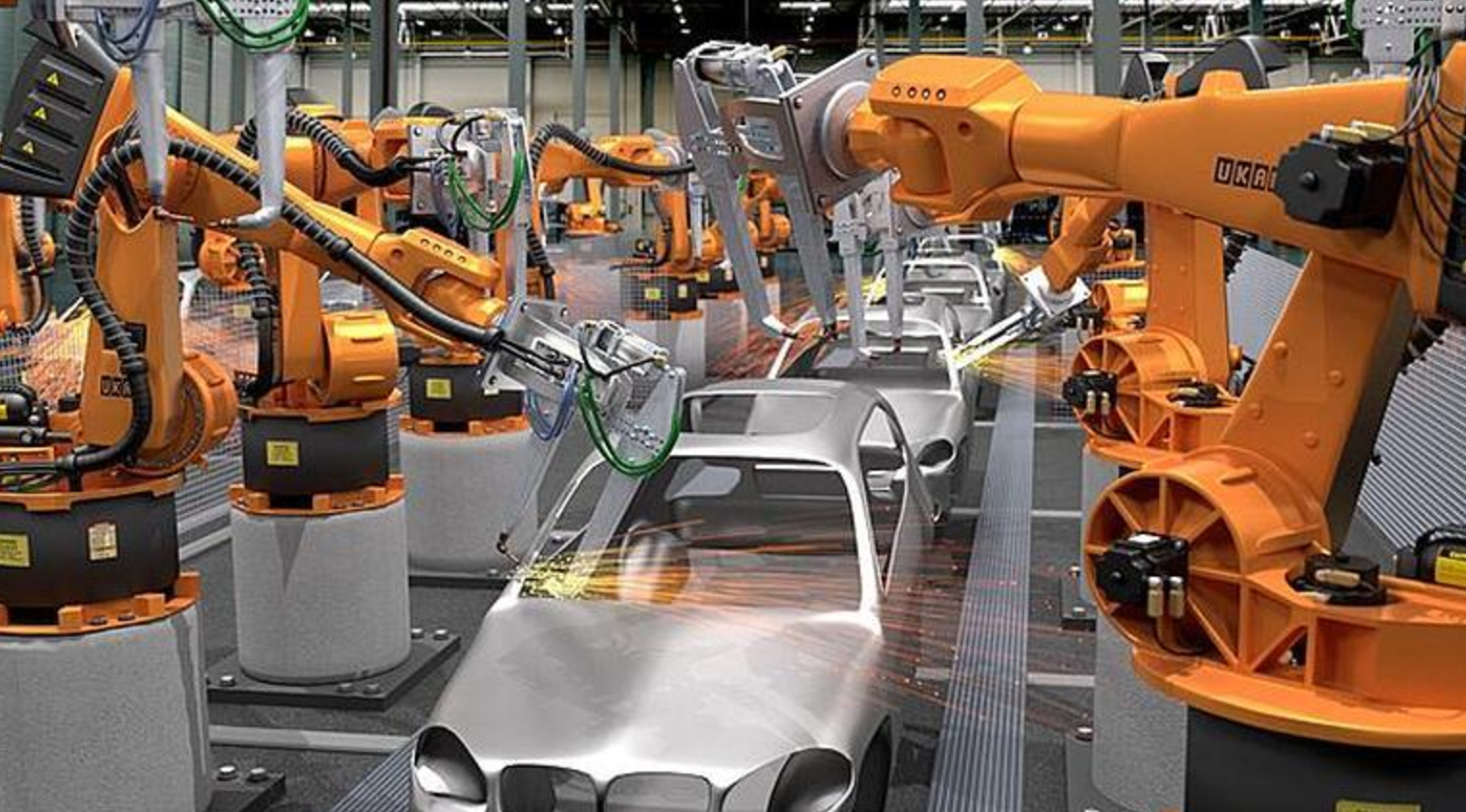
“Hey kids, get out inside out of that fresh air, stop exercising and start playing some video games why don’t you!” – Said no parent ever, maybe they should?
On my weekly radio spot this week I spoke about video games, or E-sports as it’s known. I proposed that gaming is a valid use of kids spare time, and could even help them in later life and their careers. My mum, with good intentions hated my going to the ‘dodgy’ video arcade, and later despised the time I spent gaming on my TRS-80 (yes my dude was a block, but I have a good imagination). But, it did lead me to a lifetime of interest in technology, and now that’s become a career. Occasionally we need to open our minds enough so that we can reframe an outdated perception. And maybe even back it up with some facts, so here’s a few about the E-Sports industry worth considering:
Economics: Video game sales (think hardware and software) is more than twice the size of the movie industry world wide. it will near $130 billion in 2018. The Pro E-Sports industry is estimated to be $1.5 billion this year with over $100 million in prize money, and has over 385 million annual viewers. Yes – people watching people play video games – both on line and live. In fact, the biggest ever crowd at a video game tournament was 52,000 people in a stadium in Germany.
Careers: There is currently 13,000+ professional E-Sports players. While the average annual pay packet is relatively small at $4500 a year, the top player earnings are right up there with with more traditional sports. Kuro Takhasomi took home a handy $3.5m last year and more than 200 players earned more the $100,000 for playing ‘games’.
Skills: Like any sport, there’s a natural hierarchy and not all hopefuls will make it to the elite level. Though, there is something different about E-Sports – they prepare us for the emerging world in ways few traditional sports can. Studies show they are good for rapid problem solving, brain speed, memory, algorithm awareness and management and even fine motor skills. They’ve been used to train soldiers, pilots, surgeons and it’s fair to assume their use in pre-career simulations, will continue and even extend through the use of VR and AR.
In any case, it does seem that the correlation between gamers and a desire to learn the underpinning technology is high. Surely this gives gamers an advantage in future proof technological career paths.
Social: When I mention to people I regard E-Sports as a ‘real sport’ it is often met with scepticism, and even ridicule. At which time I often remind people how ridiculous grown ups chasing dead animals filled with air to kick them through big white sticks is. All games are silly by definition, and they often take generations on the fringe before they enter mainstream culture. But after a couple of generations of computer games, I feel we are on the precipice of that shift right now. The spectator side of the industry is real, and will have wider career and industry opportunities than many people imagine.
So is it a sport? Well that depends on how you view things. Here’s one definition of Sport: “An activity involving physical exertion or skill in which an individual or team compete against one another or for others entertainment.” It fits as far as I can tell. And if you’re worried it will make society more obese than it already is, don’t fret too much. It’s only a matter of time before these games involve players in haptic suits running around on fields shooting up people somewhere on the other side of the globe.
Click here to here me discuss Gaming on 3Aw with Tom Elliot. And be sure to tune in at 4.30pm every Monday for your Future Fix.
Go play, Steve.






